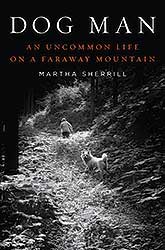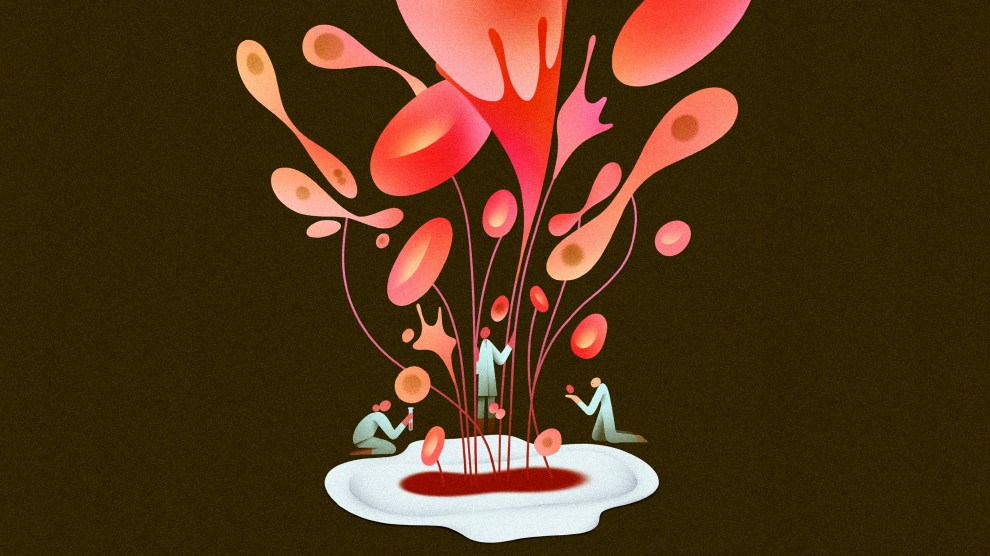
Deep in the snow country of northern Japan during World War II, a 30-year-old engineer named Morie Sawataishi smuggled home an Akita puppy and hid it in a shed. (Keeping dogs as pets was frowned upon during the war, since there was barely enough food for people.) It was the beginning of an obsession: Since then, he has bred generation after generation of Akitas, seeking the elusive attribute of kish?—”a kind of strength and life force,” a throwback to the animal’s bear-tracking past. Sawataishi, now 94, went from hardship to prosperity as his dogs became national champions. Yet it was a bittersweet victory: Though he’d raised both show and working dogs, the public preferred its Akitas mild, not wild.
Dog Man is not just the story of Sawataishi and his dogs’ transformation but also of Japan’s lightning-speed evolution from a bellicose society with bear hunters and recluses living in the mountains to an industrialized superpower of salarymen and city dwellers. Sherrill, a former Washington Post staff writer and author of The Buddha From Brooklyn, tells Sawataishi’s story in spare, subtle prose, showing how this eccentric man remained connected to the natural world through his dogs. We gradually come to realize that the dog man’s quest to preserve the Akita’s spirit reflects a deeper desire to preserve the once-wild spirit of his homeland.”Morie wondered where Japan was heading, where the world was heading, and where the dogs would wind up, if [kish?] weren’t honored and preserved,” Sherrill writes. “What will happen if the principles of nature—pure animal nature—got lost?”














